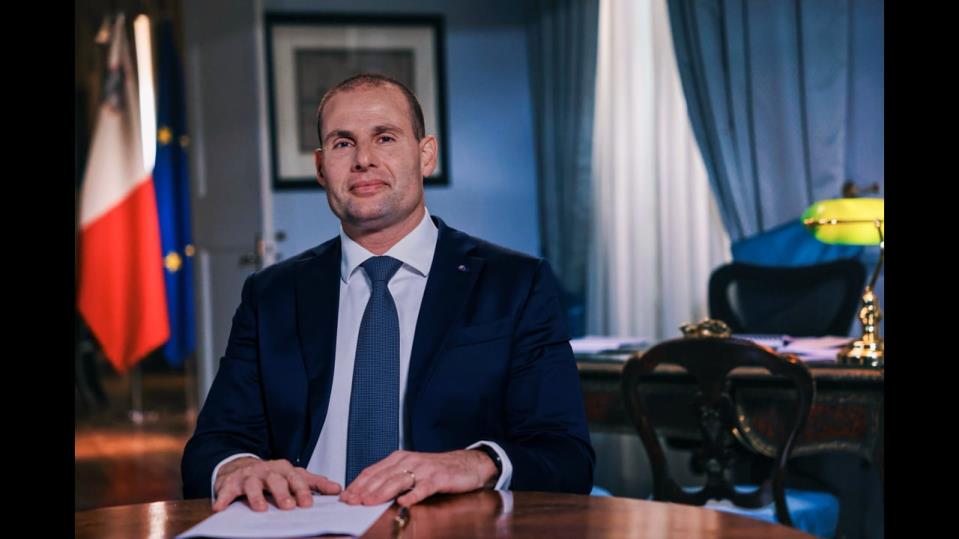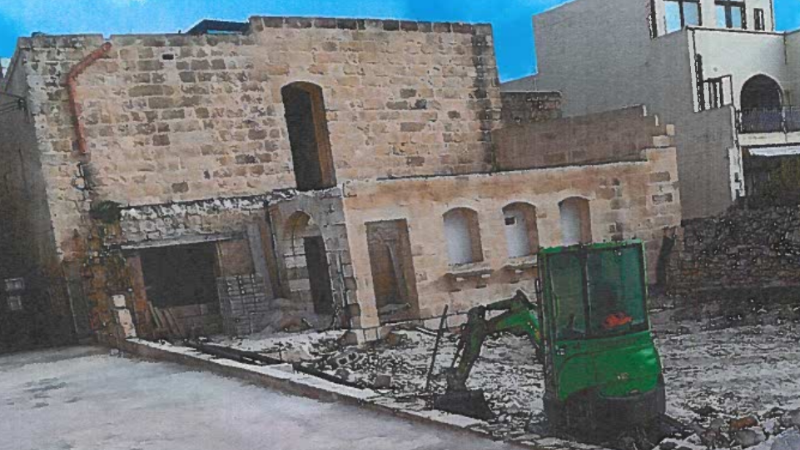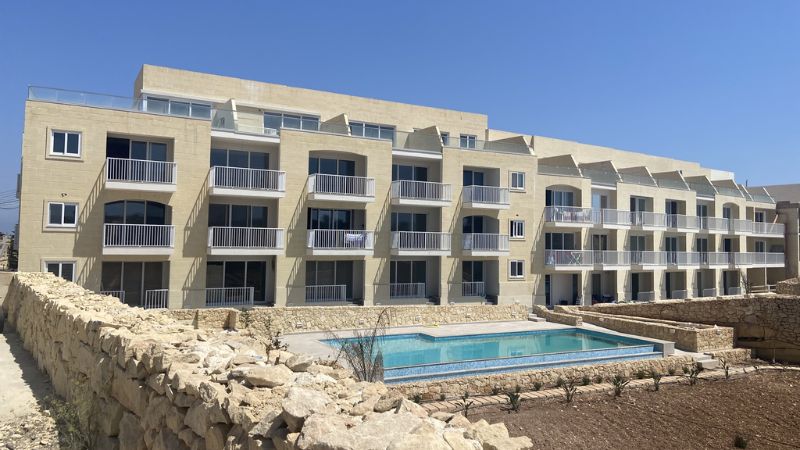“I have made it clear that if any of my ministers were investigated by integrity agencies or law enforcement, then he or she should stand aside during the investigation until their name is cleared. That same standard must apply to me.” And with that, the Premier of New South Wales was gone from public life.
Why did Gladys Berejiklian, the respected Premier of the most populous state of Australia resign? Berejiklian had been hugely successful, steering New South Wales successfully through bushfires, drought and the pandemic. Her popularity was running high. She was businesslike, confident and religious in her devotion to her job and public service. She was admired for her high standards and integrity.
She resigned because the Independent Commission Against Corruption (ICAC) announced it was investigating whether she was involved in conduct that “constituted or involved a breach of public trust”.
There was no suggestion she was involved in corruption herself. She was being investigated because of her close relationship with another MP, Daryl Maguire, whose conduct may have been corrupt. Berejiklian failed on two counts.
First, she kept her close relationship secret from the public. She failed to make a declaration that Maguire was her partner in the pecuniary interest register.
Secondly, she failed to report her partner’s potentially corrupt conduct. He allegedly received thousands of dollars in cash as part of a scheme for Chinese nationals to fraudulently acquire visas.
The Premier had to go. Not only did she resign from her post but also her parliamentary seat.
Australia couldn’t be further from Malta, in every sense. In Australia, the investigation of any MP by the police, the courts, the corruption watchdog means immediately moving aside until investigations are complete. In Malta, MPs are not only investigated but repeatedly found guilty in court or by the Standards Commissioner – Owen Bonnici, Silvio Schembri, Carmelo Abela, Joseph Muscat, Rosianne Cutajar – and nothing happens.
In Australia, the Premier was considered to have breached public trust by failing to declare her relationship and subsequently resigned. In Malta, Rosianne Cutajar was allegedly involved in a relationship with the owner of 17 Black, later accused of complicity to murder Daphne Caruana Galizia, and yet she stood up at the Council of Europe parliamentary assembly to obstruct calls for an independent inquiry into the assassination.
In Australia, the Premier resigned because her partner allegedly accepted cash. In Malta, Rosianne Cutajar accepted €9,000 as a gift from the 17 Black owner and potentially thousands more for her part in negotiating a property transfer. The prime minister’s chief of staff allegedly received thousands from Nexia BT’s Brian Tonna from passport sales. The prime minister himself accepted €21,000 in flights.
In Australia, the Premier resigned for failing to report her partner for possible corrupt conduct. In Malta, Justyne Caruana, whose husband maintained a close relationship with a suspect while leading the investigation into that murder, as far as is known never reported it. The Australian Premier resigned despite having ended the relationship with Maguire. In Malta, Caruana was reappointed minister after ending her relationship.
Owen Bonnici breached fundamental human rights, yet remains minister. Silvio Schembri was guilty of breach of ethics but was let off scot-free after his non-apology. Carmelo Abela was guilty of ethics breaches and was questioned by police in connection with a violent bank robbery. He remains minister too. Rosianne Cutajar was found guilty by the Commissioner for Standards but is protected by Speaker Anglu Farrugia who refused to accept the report. Edward Scicluna remained in his post even while the subject of a magisterial inquiry.
Gladys Berejiklian is not the first New South Wales Premier to resign. Another prime minister of that state, Barry O’Farrell, resigned in 2014 for failing to declare a gift – an AUD3,000 bottle of Grange wine. In Malta, former prime minister Joseph Muscat accepted some €5,000 worth of wine from the 17 Black owner who he had invited to his private birthday party at the prime minister’s official residence.
Despite being found guilty of breach of ethics, Muscat was protected by speaker Anglu Farrugia who decided that Muscat wouldn’t even be summoned before the committee since he was no longer an MP.
Neither is Berejiklian. She resigned her parliamentary seat. But that won’t stop Australia’s watchdog from investigating her. The whole of Australia would burst out laughing if anything as ridiculous as that were suggested.
Why are public standards maintained Down Under while systematically trampled here?
One big difference is that New South Wales has an Independent Commission Against Corruption (ICAC) that is truly independent and it works. Malta instead has a pathetically dysfunctional Parliamentary Standards Committee. It is designed to ensure gridlock with two MPs from each of the two main parties constantly split along party lines, leaving the final decision to the Speaker, a man so bereft of self-respect that his decisions always protect his guilty former Party members and entrench his unashamed partisanship.
The ICAC fulfils an important function. It educates the public about corruption and its effects. In Malta, the standards committee does its best to normalise corruption and poor behaviour.
The ICAC primarily protects the public interest. The standards committee protects MPs.
ICAC has extensive powers of investigation, even holding public inquiries. It conducts research into corruption risk and works to minimise corruption and promote integrity and good repute of public administration by providing advice, information, resources and training.
ICAC’s key roles include exposing and preventing corruption. Its most important role is to remain accountable to the public by publishing its reports and sharing all current information on its website. In Malta, the parliamentary committee decides whether to publish the Standards Commissioner’s reports where breaches are found.
Malta wasn’t always a world away from Australia. In 2010, then-parliamentary secretary Chris Said had resigned when he was accused of perjury by a man represented by a certain Dr Justyne Caruana. Said was exonerated and returned to cabinet. He forgave his accuser. What’s changed since? The governing party.












Two years ago an Australian Federal minister resigned because she was found out to have absconded for an hour during an official visit up north to look into a personal property investment. Compare this to the Acapulco visit.
Excellent comparison and article. If we cannot be first at one end of the spectrum, there is no reason why not be first at the other end.
Dejjem l ewwel!
Why surprised? Labour has the habit of learning the bad things but rarely the good ones.
We have become the laughing stock of the democratic world and yet “they”remain untouched, guaranteed immunity and impunity because” they “have bought those in a position to remove that immunity and impunity within Malta.
At some stage logic will dictate that the E.U or the U.N will have to step in because our human rights are being openly abused.
PL GOVERNMENTS ARE ANATHEMA TO
THE MALTESE ISLANDS.